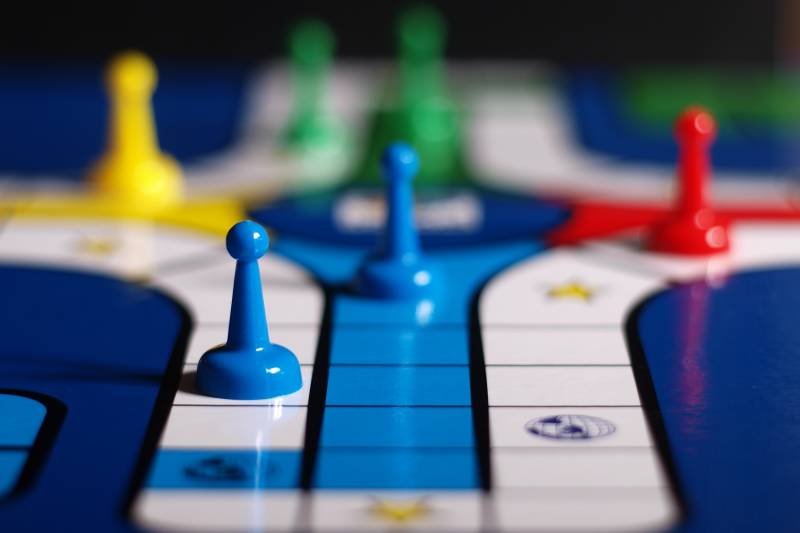After my last item about serious games (Too Broad a Term to be Meaningful), one topic of debate came up. How can we determine if the term Serious Games is too broad, if we don’t really understand what games are?
I’ve examined this question before, and I have to say, at both an academic and philosophical level, it’s quite confusing. Generally, people agree that a game involves structured play (where play is free from strict forms and rules). Here are some definitions (mostly sourced from Wikipedia).
Philosopher Ludwig Wittgenstein is often cited as discussing games in great detail in his book “Philosophical Investigations” in 1953. The simplest quote i can find about his view (that may well be paraphrased!) was
“In my view, the explanation is that a word like “game” points to a somewhat diffuse “system” of prototype frames, among which some frame-shifts are easy, but others involve more strain”
Another philosopher, Bernard Suits defines playing a game as “the voluntary attempt to overcome unnecessary obstacles.”
Sid Meier, creator of classics like Civilization and Pirates! is quoted as saying that games are “A series of meaningful choices.”
Jesse Schell describes games as “A game is a problem-solving activity, approached with a playful attitude.”
Eric Zimmerman and Katie Salen offer “A game is a system in which players engage in an artificial conflict, defined by rules, that results in a quantifiable outcome.”
Amy Jo Kim goes with “A structured experience with rules and goals that is fun.”
As you can see, there are many definitions of games, this is just a tiny handful. Personally I go with“Voluntarily undertaking tasks within a system constrained by a set of rules, to achieve a desirable outcome.”
This is mainly a blend of other definitions, but it makes sense to me when I explain it to those curious! The question is, does any of this help the average person? If I ask a gamer what a game is, I usually hear responses like
“Something you play”. “Something I do for fun”. “Entertainment”. “Digital, interactive entertainment” (Thinking of video games of course). Sometimes you even hear mention of Art and Education.
None of these really sounds like the professional definitions; they are very simple in scope. People bring to mind games like Chess, Monopoly or Catan. They think of video games like Call of Duty, Grand Theft Auto or Angry Birds. For most, a game is just – well – a game. It is implied that they inherently know what it is. You know a game when you see one!
I’m all for a good debate, but sometimes you have to cut through the crap and just try to say words that help others understand things. So it is with the serious games article. Rather than debate the nature of what a game is or what fun is or what play is, I merely used words that will help non academics and non game designers get some understanding of the variation that is there. Mention serious games and many people bring to mind games like Granny’s Garden or dire looking, forced corporate games. They don’t think of things they would necessarily consider fun.
Your average CTO is not going to care about the finer points of the difference between games and art, what fun is or lusory attitude. If you explain to them that a serious game needs to feel like a game in the way people engage with it, but deliver something useful like training – they will get it. If you explain that it should be an enjoyable experience rather than just another chore – they will get it. If you explain it well, they will tell you to go and make it. Then you can worry about those finer points in your own time.
I am not saying that these discussions are not important. Anything that helps us produce better games has to be a good thing, as long as that is what it is being done for.
So, what is a game? Damned if I know. There are much smarter people out there trying to get to the bottom of that one (just look at the great stuff Darren Tomlyn is writing or Chris Crawford).
I do know I love playing them and wouldn’t mind if more things in life felt more game like!
Read more:
